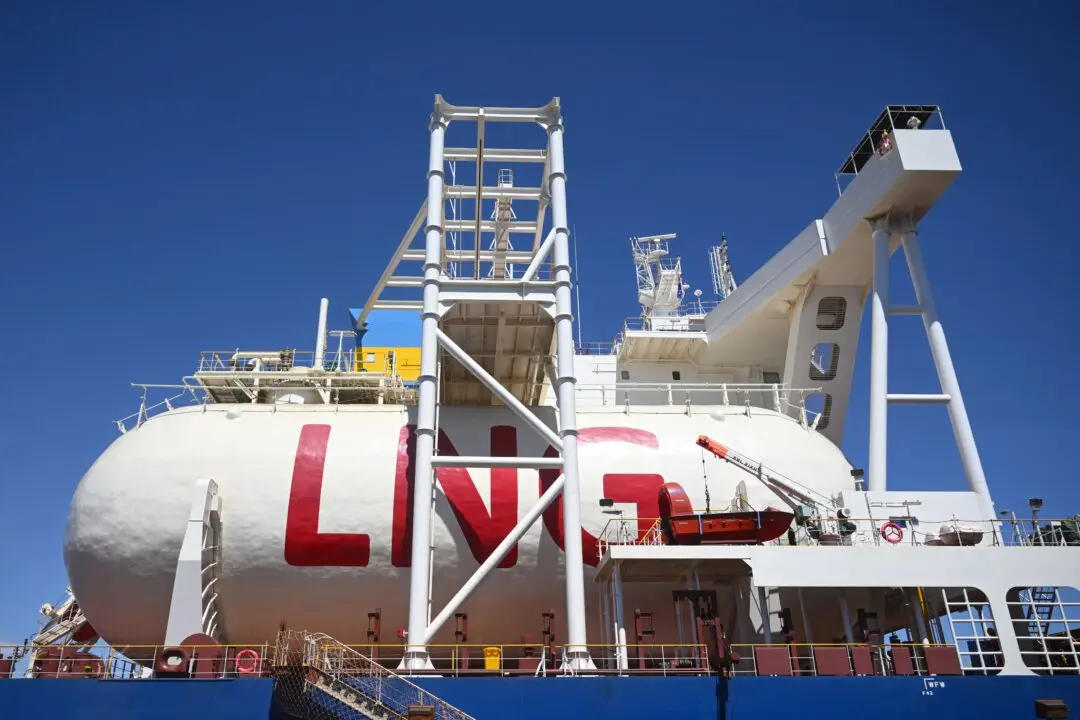The prime minister’s adviser on intelligence matters told the Public Order Emergency Commission on Nov. 17 that she believed the protests and blockades of last winter represented a national security threat, taking a different position than the heads of CSIS and the RCMP.
“The public order emergency is assigned meaning by the CSIS Act but is not restricted by the CSIS Act,” said National Security and Intelligence Advisor (NSIA) Jody Thomas, adding that a broader definition can be used to invoke the Emergencies Act.





